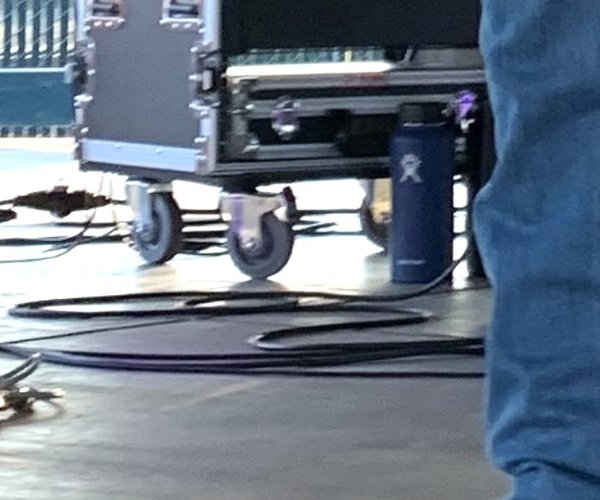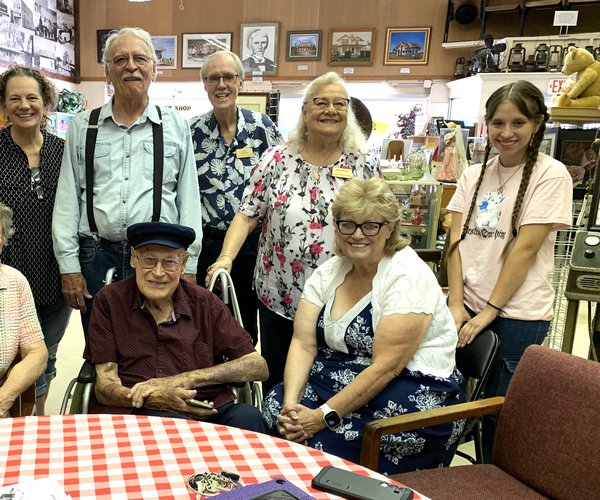Small Business Administration
Administrator Isabella Casillas Guzman this past week announced key details on
application requirements, eligibility, and a program guide for the Restaurant Revitalization
Fund (RFF).
SBA Releases New Restaurant Revitalization Fund Guidelines





